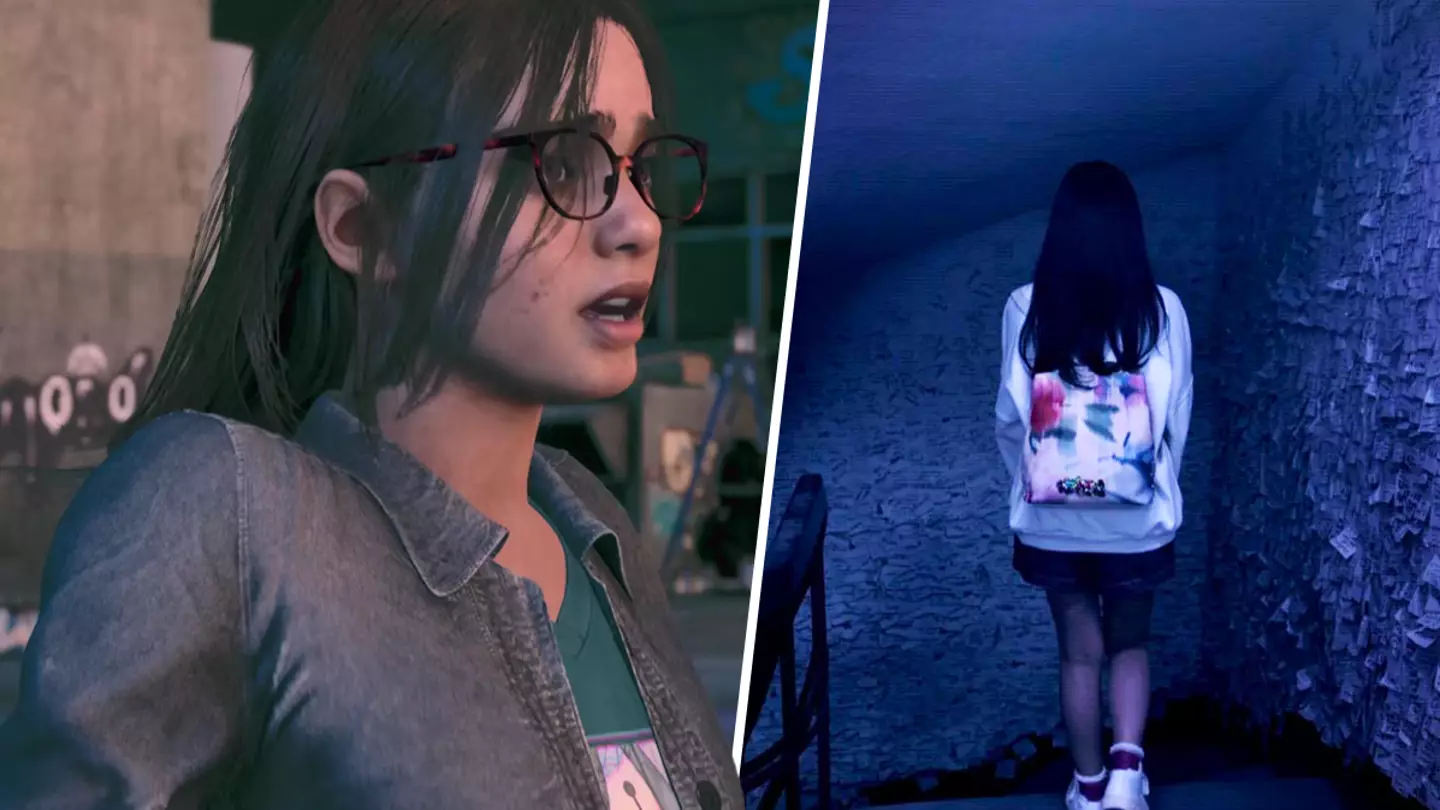
Content Warning: This article contains multiple references to suicide
Horror by its very definition is meant to be unsettling; the type of content that makes you feel on edge or uncomfortable. Yet, when it comes to suicide, it’s an alarmingly familiar occurrence in horror games that needs removing from the list of generic conventions developers fall back on.
I know many disagree with this belief, the excuse being that it’s horrific in nature and thus okay to use. On occasion, if it’s extremely relevant to the overall message of the game, then perhaps it’s okay. Unfortunately, so few horror games need to depict suicide, yet they do so anyway. And with games like Silent Hill: The Short message, that portrayal is romanticised in such a way that it adds to the worrying increase in teen suicide depictions.
Advert
As someone who’s grown up watching horror films and playing horror games, I know my words will cause an instant rush of annoyance in some, with them claiming I don’t understand the genre. Believe me when I say: I understand the horror genre extremely well. Not just on a personal enjoyment level, but I also studied it at university.
If you want to experience the muddy message of Silent Hill: The Short Message, maybe watch the trailer first then decide
The transgressions of horror aren’t unknown or confusing to me, nor do I believe horror should be watered down because some don’t like what it represents. Still, transgressions used for shock and awe, like in Silent Hill: The Short Message, don’t fairly portray what horror is about. Suicide is constantly used throughout that experience to show the pain of bullying, but it’s done in a way that glamourises it, not to mention it fails to address the real underlying horror by continuously showing Anita jump from the roof.
Advert
And yes, I appreciate that in old Japanese culture suicide was seen as a noble act, a topic that is briefly touched upon in one of the notes you can read. However, one note does not negate the overuse of a tired and poorly handed subject matter. It’s inclusion in the game is clumsy, not to mention disrespectful to those who’ve considered suicide (I speak from personal experience). The fact that Maya remarks on wanting to die while she still feels good is such a disgusting remark to have included, and perfectly encapsulates what’s wrong with the game’s suicide narrative.
It lacks nuance, as do so many other examples of suicides in horror games. Instead of being a powerful emotive tool, it becomes another seat squirming technique whose sole purpose is to upset you for no rhyme or reason. I want my horror to be better than that. We all should. Suicide becomes just another throwaway trope, losing meaning as it gets regurgitate over and over again; what it once symbolised in these stories is forgotten in favour of someone having to turn away or scream at the screen.
Fortunately, in Silent Hill: The Short Message, Anita’s ending is a happy one, albeit a rushed conclusion not fitting of all the trials she’s gone through to get to that monumental moment. But other games use suicide as a means to end the game when they lack a better finale; they force your hand, giving you no other option. That isn’t realism, for those who use that excuse, that’s a grotesque abuse of the horror medium.
You can’t casually play around with such devastating subjects then execute them without consideration. That’s my issue with suicide representation in video games: they either rush it with no poignancy or sensitivity, or they shove it in because they lack creativity to use a different mechanic.
Advert
This then filters down into a bubbling pot of idealised suicide portrayals, in which suicide isn’t surprising or unsettling anymore, it’s just a disheartening norm. We become desensitised at best, and at worse, we become attracted to how throwaway suicide appears. It’s a dangerous, shaky line for any genre to walk.
Featured Image Credit: Konami Digital EntertainmentTopics: Silent Hill, Silent Hills, Konami, PlayStation, PlayStation 5, Sony